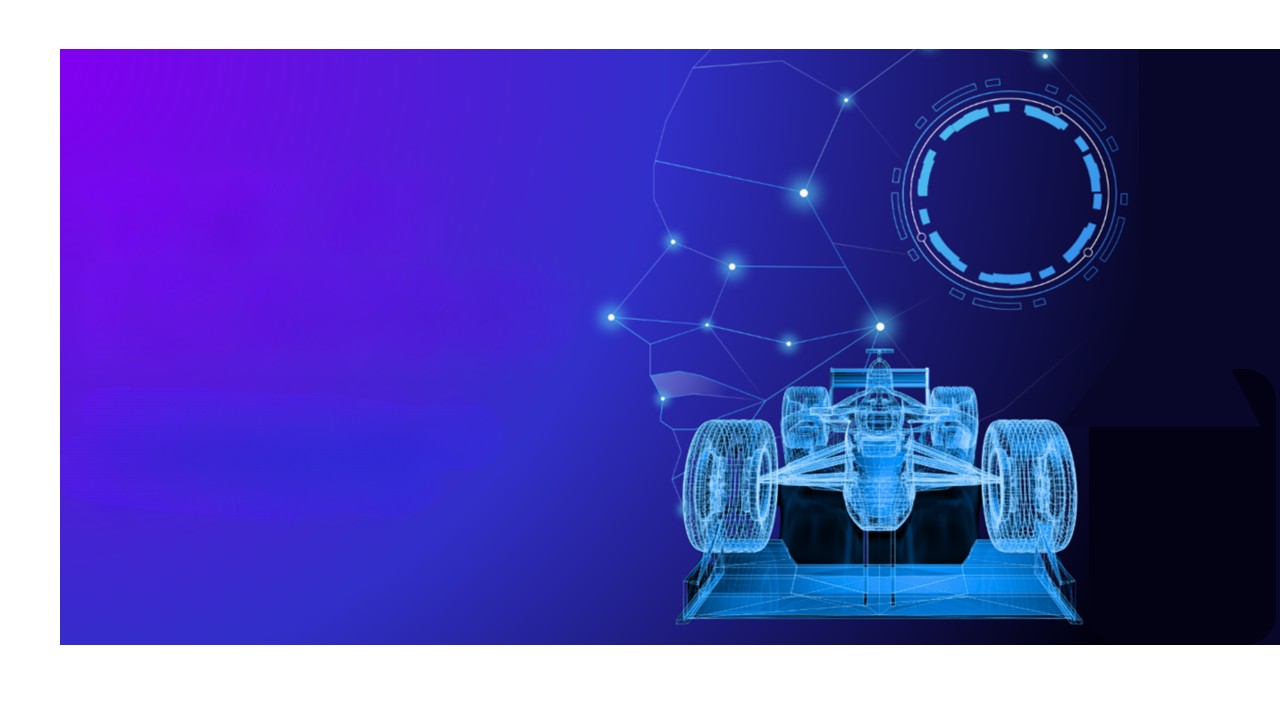

Kasia Hayward
Head of Culture, Innovation and EngagementAI-First vs Human-First: Navigating the Balance
The legendary Le Mans race has long been an endurance test of human skill and mechanical performance – a fitting metaphor for today’s workplace. In 2025, leaders are navigating a new challenge: deciding how AI fits into every business function. As AI reshapes areas from finance to HR, leaders must carefully balance where it can enhance efficiency and where human judgement remains essential.
Nearly every business decision now runs through an AI lens. Leaders are faced with a critical question: should AI take the wheel entirely, or serve as a high-performance co-driver, steered by human judgement? While nearly 90% of executives say AI is essential to business survival, the most effective path forward remains open for debate.
The data reflects a profound shift. The World Economic Forum projects 170 million new roles will be created – and 92 million displaced – by 2030 due to AI and automation. Yet even as opportunities grow, uncertainty persists. Gallup finds that most workers expect more job losses than gains from AI’s advance. From finance and logistics to HR and marketing, AI is moving from predictive tools to agentic systems that work autonomously and collaboratively to solve complex business problems. Morgan Stanley calls this the shift to ‘agentic automation,’ where interconnected AI agents reshape how entire processes operate.
This rapid transformation calls for thoughtful leadership – indeed, deciding how AI fits alongside human-first tasks, services, and workflows is a complex challenge that requires careful judgement and ongoing adaptation.
According to Gartner, 62% of CEOs and 58% of CFOs identify AI as the technology with the greatest impact on their industries in the next three years. This highlight AI’s central role in strategic planning and its potential to drive significant business growth and transformation.
AI-first approaches embed intelligent systems deeply across business functions; optimising operations, improving decision-making, and personalising customer experiences. Yet, speed and scale alone don’t guarantee success.
Human-first design keeps people central, using AI as a tool to augment empathy, context, and ethical judgement. For example, hospitals leverage AI to analyse medical images quickly, but diagnosis and care decisions stay with physicians. Similarly, educators use AI to track student progress, while teachers focus on mentoring and motivation.
Leaders should take a thoughtful approach to these decisions. Understanding where AI can best support business functions, and where human judgement is still needed, requires steady attention and the flexibility to adjust as circumstances evolve.
Work culture, inclusion, and belonging are also on a new journey more important than ever as workers reevaluate their place within the emerging AI-human ecosystem. There is a growing need for regular workforce censuses, requiring organisations to rethink workforce strategies, culture, and wellbeing in innovative ways.
As Peter Mousaferiadis, CEO of Cultural Infusion, emphasises, ‘There’s never been a more important time to advocate for genuine representation in the technology industry. Without it, we risk building systems that fail to reflect the diversity of the people they serve.’
In the end, the future of work depends on leaders who can blend technology and humanity – guiding AI’s integration thoughtfully to create environments where both people and machines thrive. Cultivating systems thinking and cognitive skills alongside technical expertise will be essential in AI-enabled, human-centric workplaces. But it’s also on all of us; every individual plays a vital role in shaping this change.
The race toward AI-driven transformation isn’t just about speed—it’s about designing a future that works for everyone.
Cultural Infusion’s Atlas is proud to be part of this conversation at Tech Show Paris 2025, where our CEO & Founder Peter Mousaferiadis will lead the panel “Inclusive Innovation: Designing Tech for Diverse Societies in a Polarised Age”.
Join us and be part of the movement shaping the next workforce shift—through culture, data, and inclusive design. Register now for your free ticket and I hope to see some of you there!